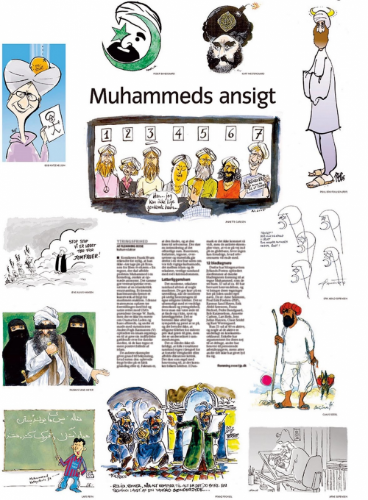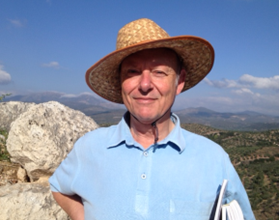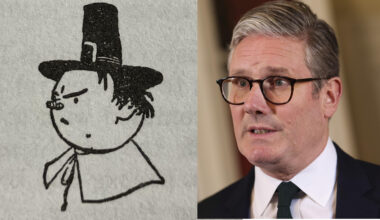
30 September will mark the twentieth anniversary of the publication of various cartoons of the supposed prophet Muhammad in the Danish newspaper Jyllands-Posten. The response to these cartoons was yet another illustration of the conflict between free speech and religion, particularly the religion of Islam. Violence, murder, and mayhem were the result, aided and abetted by the rulers of several Muslim-majority countries, who also attempted to interfere in the press freedom of a small democracy by pressuring the Danish government to suppress the newspaper.
This was not the first time adherents of Islam would attempt to abolish free speech by force, and nor would it be the last. Things don’t seem to have improved over the past two decades. Earlier this year, for example, we marked another sad anniversary: ten years since the Charlie Hebdo massacre, which was also perpetrated by fundamentalists offended by cartoon images. Meanwhile, hate speech laws, attempts to impose vague definitions of (and outlaw) ‘Islamophobia’, and laws against the desecration of religious texts—including in Denmark, which acted bravely and admirably in 2005—have proliferated in many liberal democracies.
30 September is also, and not coincidentally, International Blasphemy Day, inaugurated by the Center for Inquiry in 2009 to concur with the Jyllands-Posten anniversary. As such, it is doubly appropriate to have the offending cartoons as our new image of the week. This date should remind us of the preciousness and precariousness of the right to free speech, and it should embolden us to oppose, without compromise, those who would, whether by law or by force, curtail it—including, of course, the Islamic fanatics whose fragility and sensitivity are especially dangerous. Secularism and democracy demand the defence of free speech, whatever the feelings of the religious. Watch out for our interview with free speech activist Jacob Mchangama about Jyllands-Posten, Islam, and free speech, which will be released on 30 September itself. [Update added 30 September 2025: View the interview here.]
As such, it is also a good moment to remember the plight of Ibitissame Lachgar, known as Betty, a Moroccan feminist recently imprisoned for wearing a t-shirt with the words ‘Allah is lesbian’ on it. See our previous image of the week for more details. For now, the Freethinker wishes to endorse Ex-Muslim International’s #FreeBetty campaign, which is calling for a concerted effort to help Betty and all those oppressed by blasphemy laws on 30 September. Find out the many ways in which you can take a stand here.


Related reading
Convicted for blasphemy in modern Britain: an interview with Hamit Coskun, by Daniel James Sharp
Coskun’s conviction is a surrender to Islamic blasphemy codes, by Stephen Evans
Blasphemy Laws 2.0: The conviction of Hamit Coskun, by Noel Yaxley
The burning question: are blasphemy laws back? by Stephen Evans
Image of the week: Hamit Coskun, victim of a new form of blasphemy law? by Daniel James Sharp
Kant vs Tahir Ali: why desecration should not be outlawed, by Daniel Herbert
Three years on, the lessons of Batley are yet to be learned, by Jack Rivington
What the Muslim world can learn from Tunisia, by Kunwar Khuldune Shahid
The power of outrage, by Tehreem Azeem
Salwan Momika and the right to burn books, by Noel Yaxley
The perils of dropping a book, by Noel Yaxley
The need to rekindle irreverence for Islam in Muslim thought, by Kunwar Khuldune Shahid
The Galileo of Pakistan? Interview with Professor Sher Ali, by Ehtesham Hassan
10 years since the Charlie Hebdo attack: a message from the Freethinker, by Daniel James Sharp
Charlie Hebdo: An open letter to the free world from a freethinker, by Khadija Khan
Storm over a tea-cup? The ‘Mug-Gate’ teacher speaks out, by Matt Lovell
Image of the week: ‘Moses Getting a Back View’ (1882), by Daniel James Sharp
Britain’s blasphemy heritage, by David Nash
Secularism and the struggle for free speech, by Stephen Evans
Britain’s liberal imam: Interview with Taj Hargey, by Emma Park








Your email address will not be published. Comments are subject to our Community Guidelines. Required fields are marked *
Donate